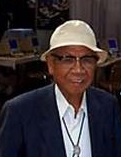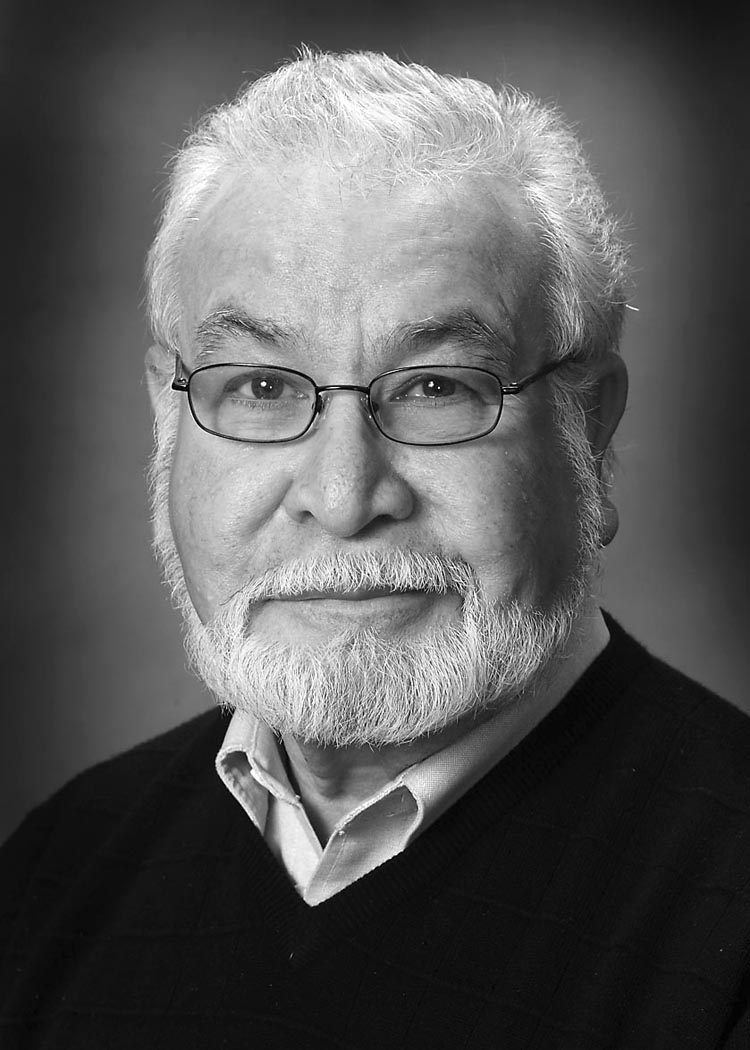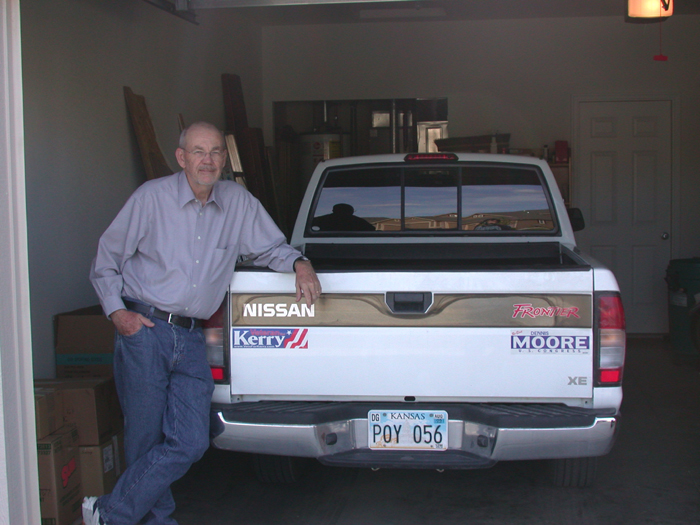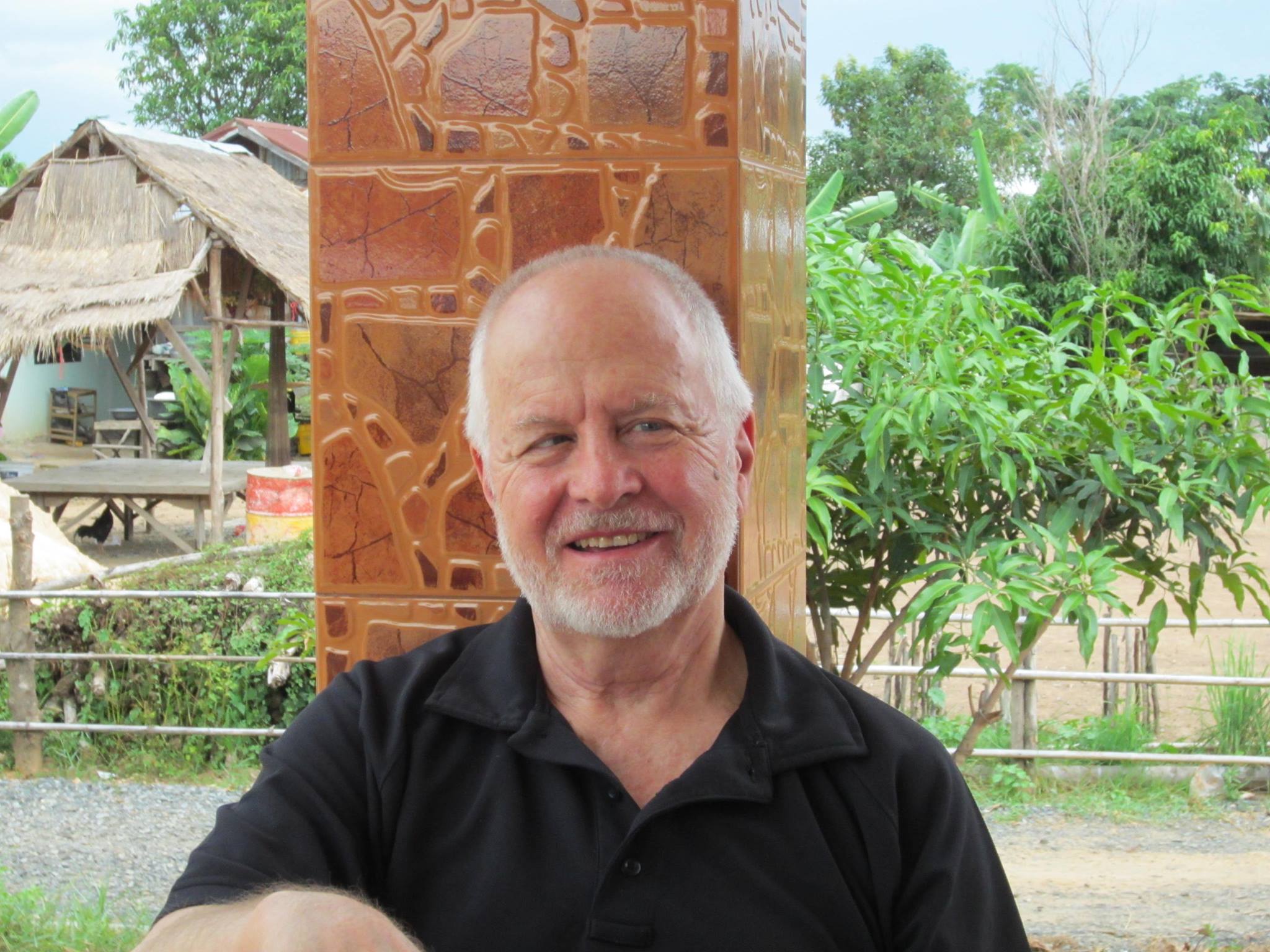
Summer 2015
The ABLE Approach
NEW
by Dave
Hopkins
In My Life
INTRO
by Robb
Scott, Ed.D.
Mentoring
INTRO
by Robb
Scott, Ed.D.
![]()
/Index/
/Letters/
/Profiles/
/Search/
/Podcasts/
![]()
Subscribe
for free!

The Importance of Mentors in My Life
The relationship between a student and his or her mentor is established on the basis of a teaching and learning dynamic in which the mentor guides through words and actions, motivating the student primarily by setting an example.
In the book, "The Power of Silence," Carlos Castaneda describes how his mentor, a Yaqui Indian called Don Juan, would shift his student's center of attention by hitting him sharply on the back with his hand, in order to increase Castaneda's awareness and open him to new experiences and understanding.
There is something in the relationship between a mentor and a follower that requires a certain amount of faith as well as a desire to emulate or please one's mentor. There may be a goal or challenge set by the mentor, but there is also an interest or bond that engages the student's emotions and adds intensity to their interaction.
As Ralph Waldo Emerson put it:
There is no teaching until the pupil is brought into the same state or principle in
which you are; a transfusion takes place; he [or she] is you and you are he [or
she]. Then is a teaching, and by no unfriendly chance or bad company can he
ever quite lose the benefit.
Dr. Yoshinobu Niwa, 1997
In October of 1990, the first time I met Dr. Yoshinobu Niwa, the director of the Language Center at Chubu University, and the host and supervisor of the OPELT curriculum research team I had just joined, he complimented me on my masters research paper and expressed his support for my continued research in conversational logic during my time at Chubu. My primary interactions with Dr. Niwa were: 1) a series of appointments where he was kind enough to take on the role of student as I taught him how to do some basic things with Apple's HyperCard program; 2) a longer project of reading through, editing, and discussing a book he was writing, which became "The Function and Development of Prefixes and Particles in Three Early English Texts--The Beginning of the Phrasal Verb"; and 3) my editing and involvement on the program book for FLEAT II, an international educational technology joint conference which was hosted at Chubu and which Dr. Niwa co-chaired with the president of the American organization IALL.
Dr. Placido (Art) Hoernicke
Similarly, in the summer of 2002, when I met Dr. Placido Arturo (Art) Hoernicke, the chair of what was then the Department of Special Education/ESOL at Fort Hays State University, where I was invited to interview for a position that was eventually offered to me, Dr. Hoernicke complimented me on my online ESL teaching newsletter, ESL MiniConference Online, and one of the first instructions he gave me as a new faculty member that August was that he wanted Fort Hays to develop closer ties to the Kansas Association of Teachers of English to Speakers of Other Languages (KATESOL). I eventually became president of KATESOL and we hosted the organization's 2003 and 2004 state-wide conferences, while growing KATESOL from 50 to 200 members in the process. I also helped in the early stages of Dr. Hoernicke's conception of what became the FHSU Hispanic/Latino Head Start Partnership Project, a five-year federally funded grant to increase the number and competency of Head Start teachers working with Hispanic/Latino children and their families, and served for several years as the project's diversity consultant.
In both cases, I had the good fortune to develop
positive working relationships with mentors who
had much to teach me about the activity of being
a college professor and who shared my interest in
language and language learning. Dr. Niwa and Dr.
Hoernicke also shared their insights from many
years of working within university systems and
taught me through their examples of thoughtful,
effective words and actions in bureaucratic settings.
Steve Wolf at KATESOL 2004, Hays, KS
When we brought 300 teachers from across Kansas to the Fort Hays campus for KATESOL 2004, to enjoy a weekend of inspiration with Steve Krashen, Rebecca Kopriva, Joy Reid, Bill VanPatten, and Jacqueline Boyd, I rediscovered another mentoring relationship, first formed when I studied wrestling with fifth grade teacher Steve Wolf at Jefferson Elementary in Great Bend as a 10-year-old. Over the years that had passed since 1968, Mr. Wolf had earned higher degrees and credentials, and served Great Bend schools as an administrator, particularly as an elementary school principal, before eventually becoming their Director of Migrant Programs, and advocating for growing numbers of Mexican immigrant students and families in the Great Bend school system. His response to my request for assistance with KATESOL 2004 was to drive up in a van and state clearly to me, "Either put me to work or I have plenty of paperwork I can do in my hotel room." Mr. Wolf shuttled participants into town from the Hays airport, helped to carry tables and chairs as we reconfigured rooms for educational sessions and vendor displays, and even was up (with me) before dawn on that Saturday morning accompanying me out to Wal-Mart to get refreshments for attendees to be able to enjoy tea, soda, and snacks between sessions.
As we were walking across the Wal-Mart parking lot that morning in Hays, I saw in my mind images of a younger Steve Wolf, and the span of years between fifth grade at Jefferson and today in Hays seemed to disappear. I believe that transcendental experience came from the mentoring relationship that existed between the two of us, and I will never be able to forget the sensation.
John R. Mohn, Lawrence, Kansas, June 2005
Another Great Bend teacher with whom I have a longstanding relationship is Mr. John Mohn, who taught me journalism (yearbook staff) my senior year in high school, 1975-76. Through his guidance, I learned important lessons about collaborating on group projects, the importance of choosing words effectively when writing, and overcoming challenges in life. After high school, I often visited Mr. Mohn again through the years to share news as my family and career developed, and in the process I have been able to see and learn from the ways that he has responded to challenges and opportunities in his life, too. One inevitable result from each visit has been my mentor both encouraging me for my progress and pressing me to not become complacent or too easily satisfied with myself. John Mohn is a constructive thinker who always has ready a suggestion for how to improve a situation and achieve better results. The strength of my human spirit owes much to him for the many times he has stimulated my self-confidence while at the same time critiquing with serious feedback any accomplishment I bring to share with him. I also learned from Mr. Mohn a valuable way of incorporating planning for the future into the conduct of present-day activities. He suggested to me that every so often I stop and think about where I want to be in five years or ten years, and what I want to be doing at that time. This is a useful way of conceptualizing one's future path, and I have also shared this with my students over the years to help them with their career planning strategies.
A mentor is someone whose words and actions serve to explain their approach to life and their personal philosophy. There is something shared between a mentor and a student which helps to drive their conversations, as they work together on solving a problem, developing a project, or meeting the requirements of any given situation. The mentor is at his or her core a generous spirit who is willing to give of the most valuable possessions any human being has: the time we have to live on this earth. The mentoring relationship will thrive for a season and sometimes longer, but the influence in the student's life is significant and permanent.
Dave Hopkins, of Banphe, Thailand
My fifth example of an important mentor in my life is someone I met for the first time in the summer of 1989, when both of us were new faculty on the start-up team for the University of Nevada-Reno's Tokyo program. It was a fun and challenging environment to work in, with a lot of openness to teachers bringing forward ideas for new courses, which were actually designed and implemented on a frequent basis. Our students were recent graduates from Japanese high schools, and our purpose was to prepare them with English and academic skills that would serve them in the universities where they planned to study in the United States.
Tokyo can be an exciting place, with lots of "bells and whistles" everywhere, but several of us on the staff were just a little bit older than the other teachers and less inclined to take full advantage of all the "party" opportunities being continually advertised in that sometimes overwhelming array of city lights. I was working on ways to apply some of my recent ideas about second language learning processes, and Dave Hopkins provided me with a wonderful sounding board to bounce these ideas off of, because each conversation would lead inevitably to principles of teaching and responsible ways of writing lesson plans. At just the right time in my career, I ran into a true TESOL professional whose experience and expertise in language teaching and teacher training made every discussion an opportunity to become more aware of the multi-faceted challenges entailed in cross-cultural understanding and second language teaching. I can never forget Dave's content-based course he developed to teach early American history to his Japanese students at UNRIDJ-Tokyo, using scenario activities in which they took on roles in the struggle between colonial Americans and England's King George. He brought history to life for those students in ways I am certain they never forgot.
A year and a half later, I joined the OPELT program at Chubu University, thanks to a reference from Dave Hopkins, who became my new boss when I arrived at OPELT, a joint project between Ohio University-Athens and Chubu University-Kasugai whose purpose was to influence the teaching of languages at Chubu. I was so excited by many things about this new opportunity, but especially all the new Macintosh technology that was provided to help launch the OPELT project at Chubu. I remember spending the first few days unloading boxes and connecting computers, scanners, and other brand-new tools for organizing our work. One of my ideas early on was to maintain a monthly newsletter, "the OPELT Update." I remember that Dave immediately saw potential in that initiative, for building awareness of our group across the Chubu campus and with our partners both in Japan and Ohio. Each edition of the newsletter had a message from Dave, who was the director of OPELT, and an interview I had done with one of our key allies or potential allies among the Japanese leaders at Chubu.
The most valuable thing that Dave gave me was the freedom to develop my ideas in the context of a team project (OPELT consisted of just four people). In my first week there, he explained to me the concept of "role-definition," and how my activities and initiatives were functioning as ways for me to define my own role within the OPELT team. Since that time and dating from those formative experiences, I have never felt, in any situation, like I did not know what to do or could not get started right way doing constructive things. This mind-set is a valuable attribute -- the ability to "hit the ground running" and "get right to work," instead of just waiting until someone tells you what to do.
I was only able to develop these skills because I was involved in daily communication with my boss and mentor, Dave Hopkins, as I was coming up with ideas and seeking his advice and support. Nearly every day for two years, I had the pleasure of eating lunch with him in the Chubu faculty dining room--typically, miso soup, tofu, and curry rice--and sharing ideas but especially listening to him explain the principles he had learned through his vast experiences around the world, in settings ranging from Egypt to Peru.
After I returned to the United States, in the fall of 1992, I lost touch with Dave for a few years, but through e-mail we got connected again in the mid 1990s. His leadership of the OPELT project at Chubu remains one of the best and most resilient successes from that era when there were at one time more than 50 joint American-Japanese university initiatives being launched. The relationship between Chubu University and Ohio University is sturdy today, and Dave's ability to work well with both sides was one key to that success.
Today, Dave Hopkins is based in Thailand, and works on projects ranging from Cambodia to Saudi Arabia. When I asked him to share his expertise with the international program leaders at Fort Hays State University a few years ago, he immediately connected them with his long-time friends at the Center for Applied Linguistics, who came out to Hays and ran a workshop on cross-cultural aspects of international education for Fort Hays instructors. Dave Hopkins has an extensive network of people he has worked with all over the world, especially in teacher education and program development settings. He has introduced me to some of his cohorts from the old "Experiment in International Living," now called "World Learning, Inc.," including the great people who run one of the nicest, most sensible ESL/cross-cultural publishing companies in the world, "Pro-Lingua Associates," also based in lovely Brattleboro, Vermont, where Dave grew up and received his formal education.
I continue to stay in contact with Dave Hopkins, and he continues to generously share his insights from his continually expanding spheres of experience. I am sure I am only one of many "students" who consider Dave their "mentor." I understand the world and my place in it more clearly today because of what I have learned through my relationship with him, and this learning has built on what I have gained through my time and communications with the other four mentors I have described above in this attempt to explain the dynamics of mentoring relationships and their importance in my life and career.
2015 ESL MiniConference Online
PDF conversion by PDF Online




Article by Robb Scott, Ed.D.
DrRobbScott@gmail.com